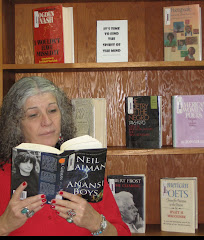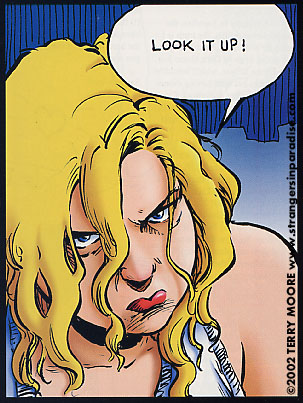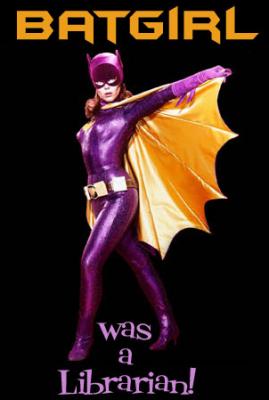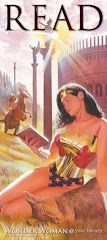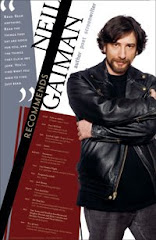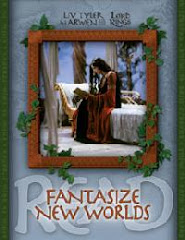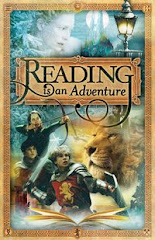Jodi Picoult likes to tackle hot button issues in her fictional narratives, and this time out the framework of
The Storyteller is World War II and Nazi war crimes and the huge issue of "forgiveness."
A 95 year old widower and retired school teacher in New Hampshire, Josef Weber, claims to be a Nazi war criminal. He confesses this to Sage Singer, a woman he meets in a grief support group, who is a 25 year old baker with a nasty facial scar from an accident. More importantly, Sage is Jewish. Josef asks Sage to help him die. Sage has a grandmother, Minka, who is a holocaust survivor (from Auschwitz). Sage never really knew her grandmother's story. In the process of trying to decide how she will react to Josef's confession and his plea for her to help him die to atone for his sins, we learn Minka's brutal story of survival.
Our attitudes, fears, hopes, and values are strongly influenced by storytelling. Before literacy or written language, storytellers functioned like today's mass media: they could entertain, they could inform, they could explain, they could transmit the culture's myths and treasured stories from one generation to the next. And because they did these things in an engaging and interesting manner, people paid attention and learned. Fiction seems to be more effective at changing beliefs than writing that is specifically designed to persuade through argument and evidence. The more we are absorbed in a story, the more it
can change us. When we are absorbed in a story, we drop our intellectual guard and are moved emotionally. At its heart, storytelling is a gift.
Picoult is a good storyteller. This book grapples with complex moral issues and peels back the layers of human emotion while examining the human condition up close and personal. She takes a penetrating look at the nature of good and evil to produce a powerful and thought-provoking book. The seed for writing this book came from Simon
Wiesenthal's The Sunflower, about his time in a Nazi concentration camp, and Picoult includes an Author's Note at the end recommending several additional resources she found helpful in writing the book for those who would like to learn more about that period of our history.


